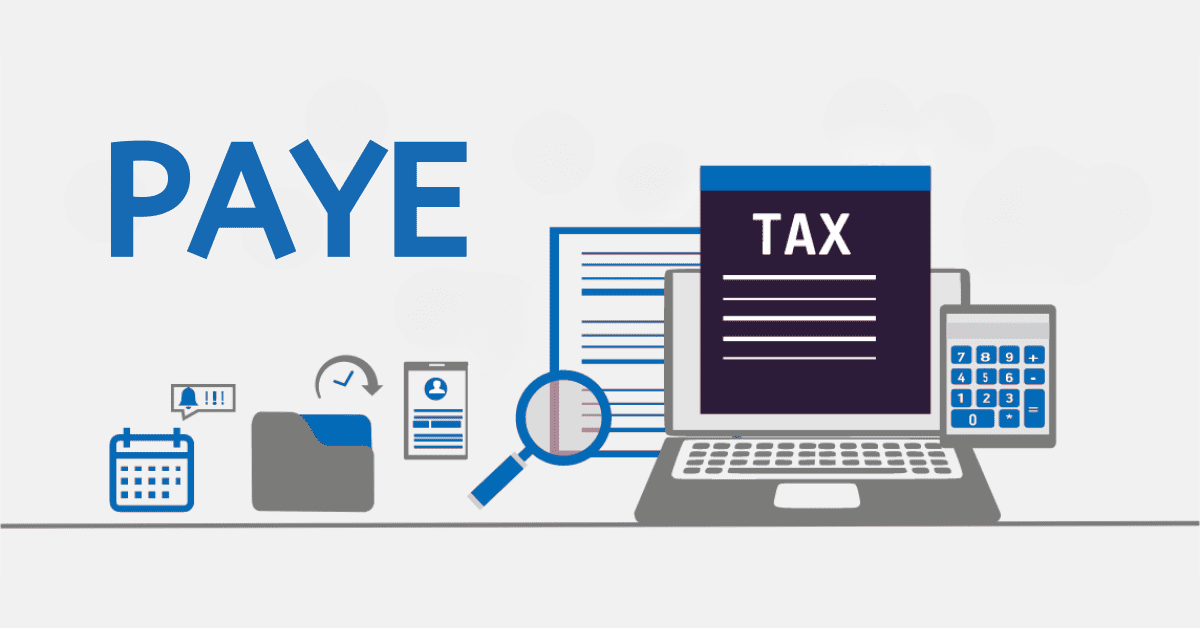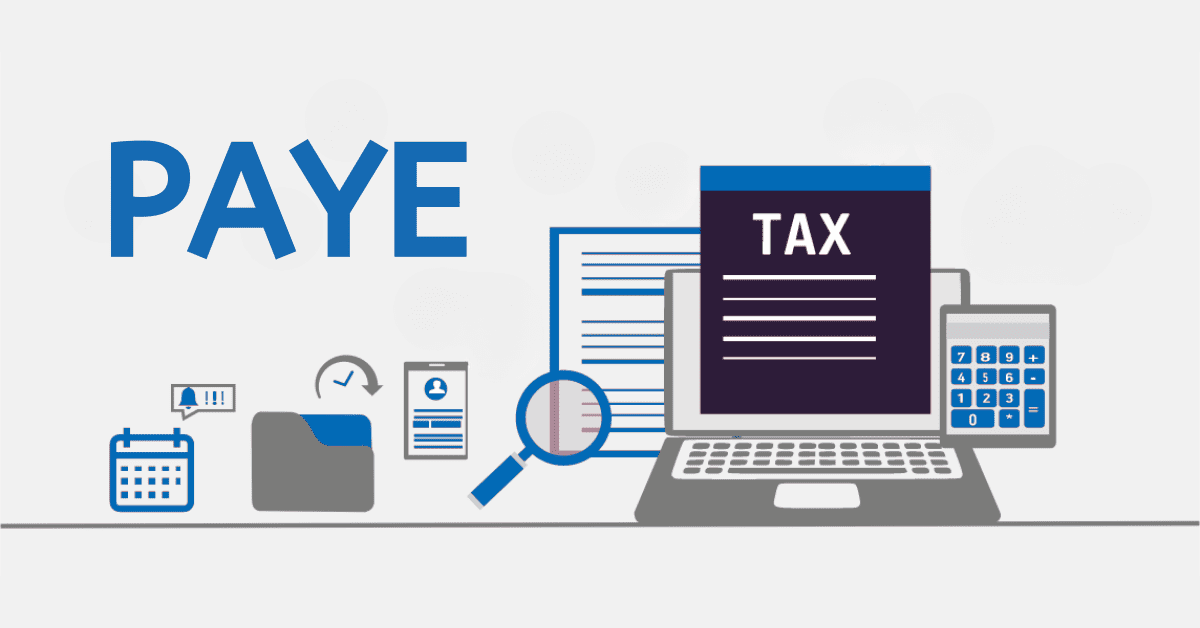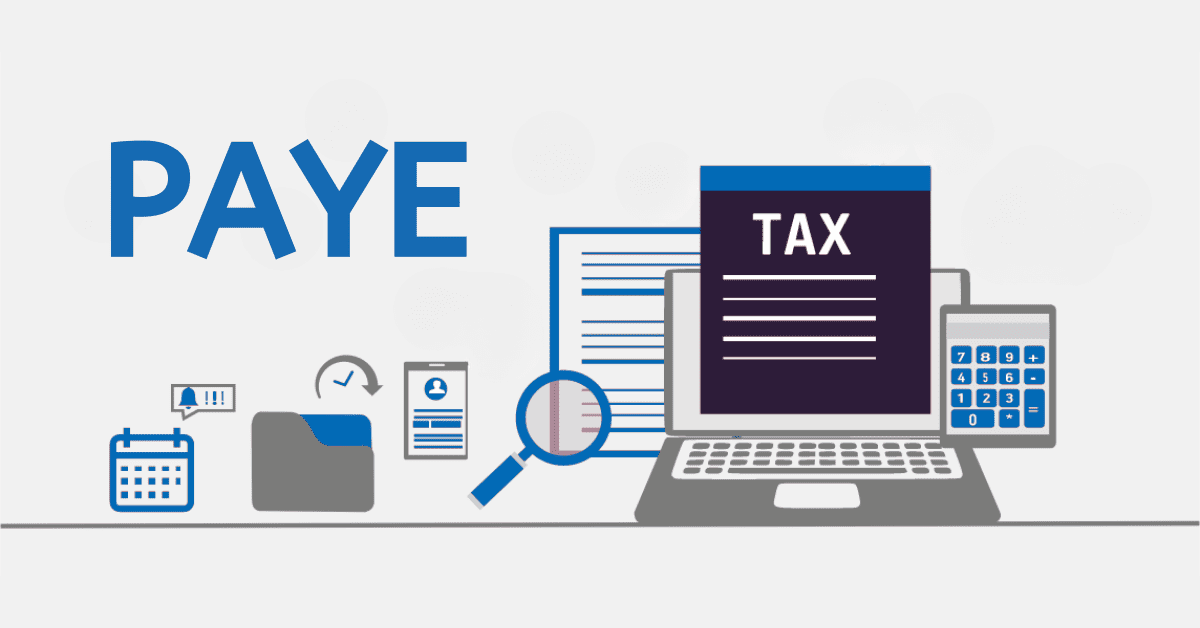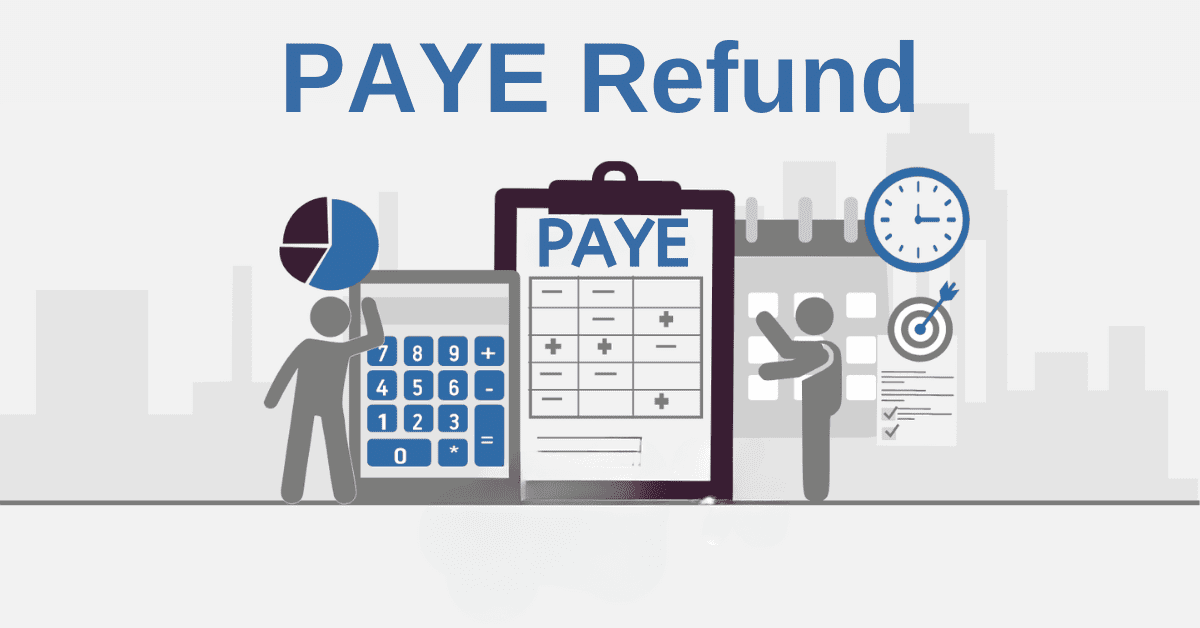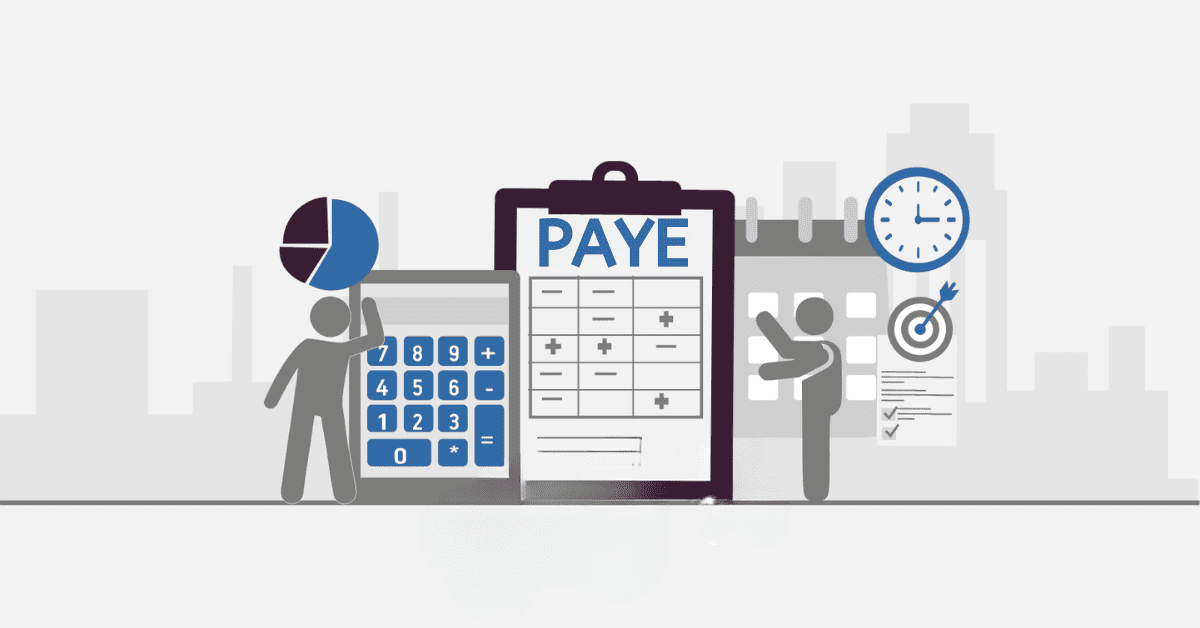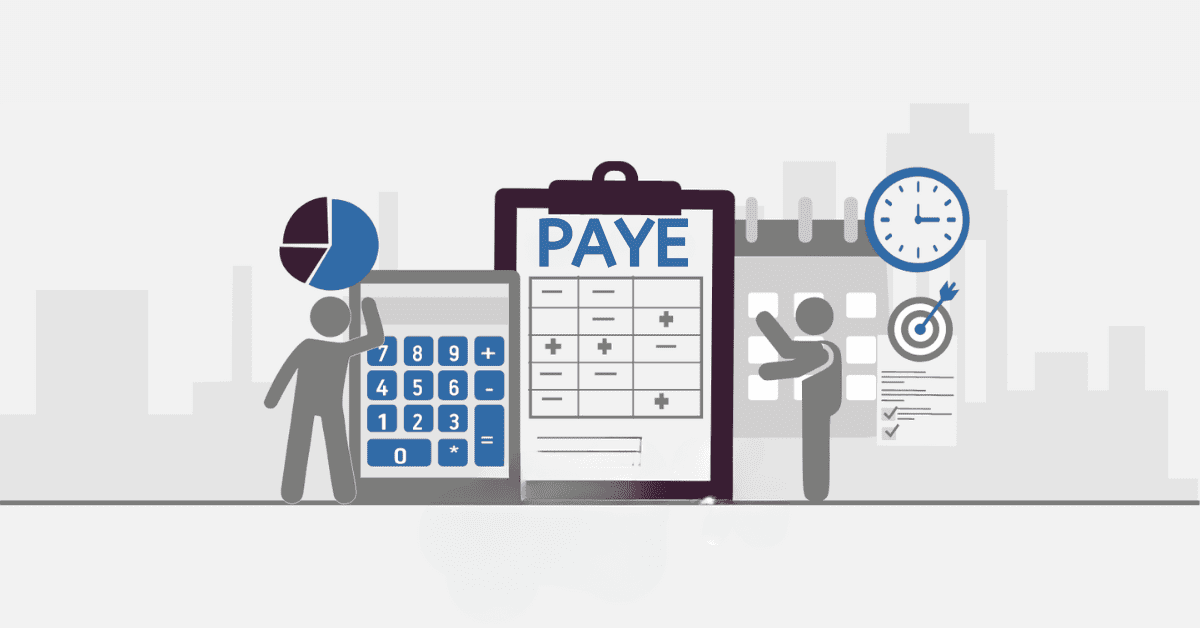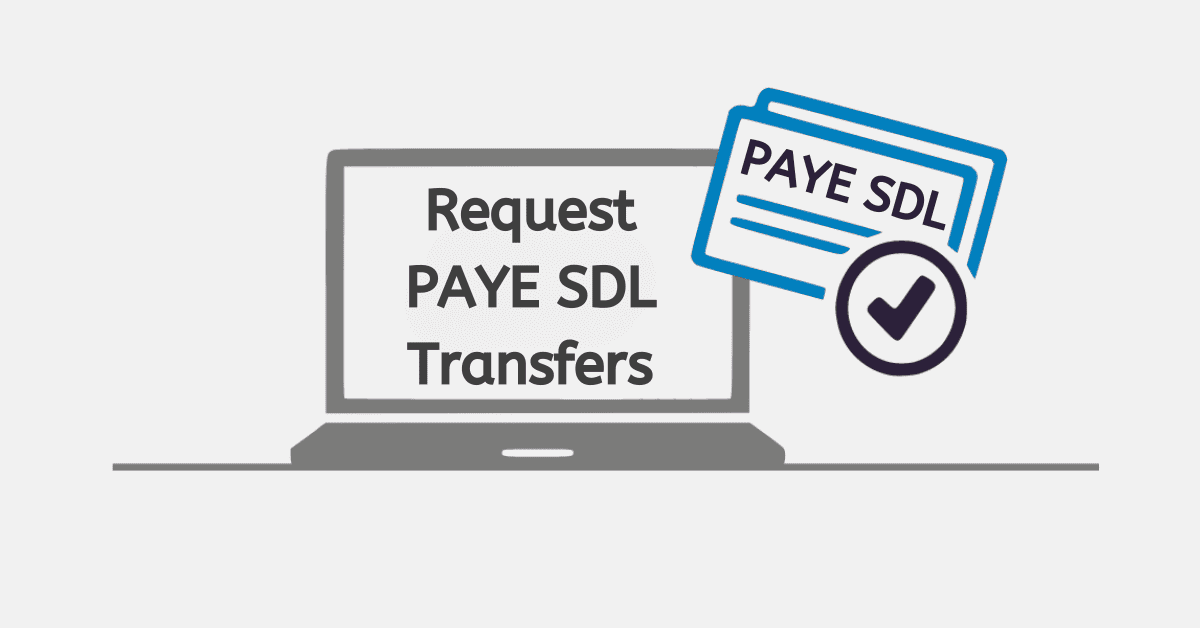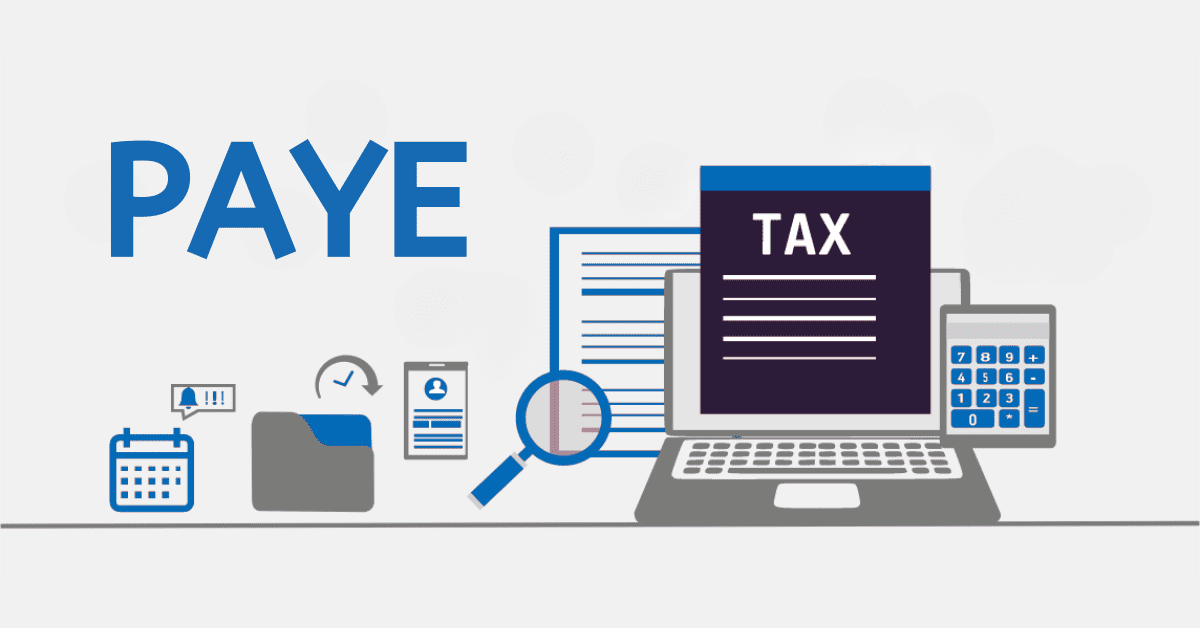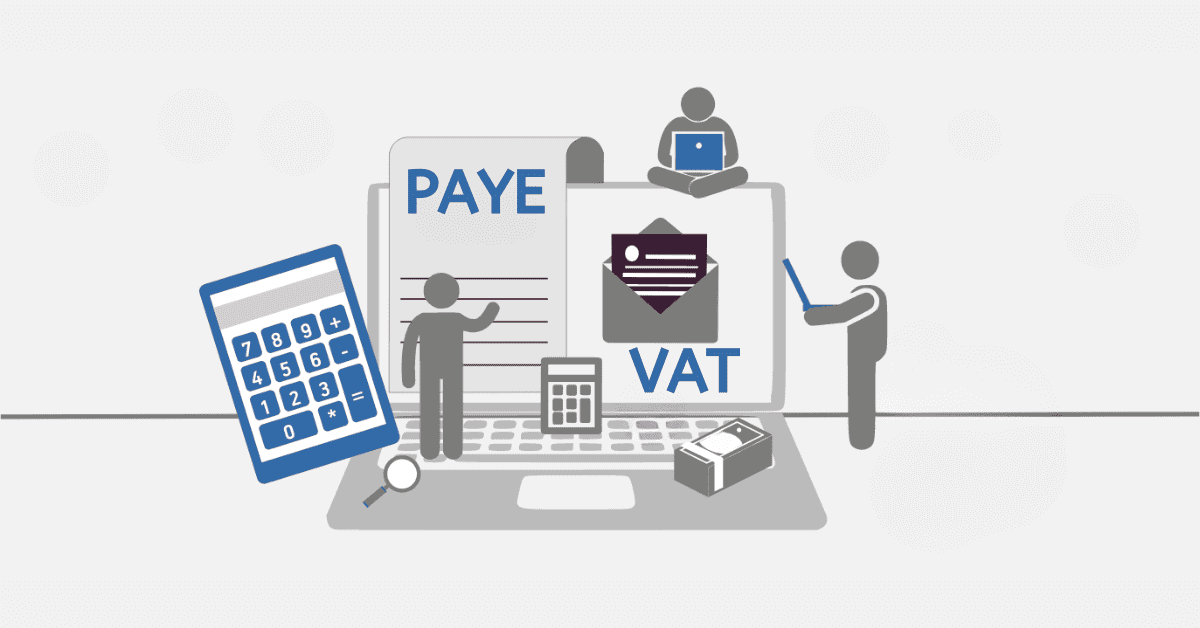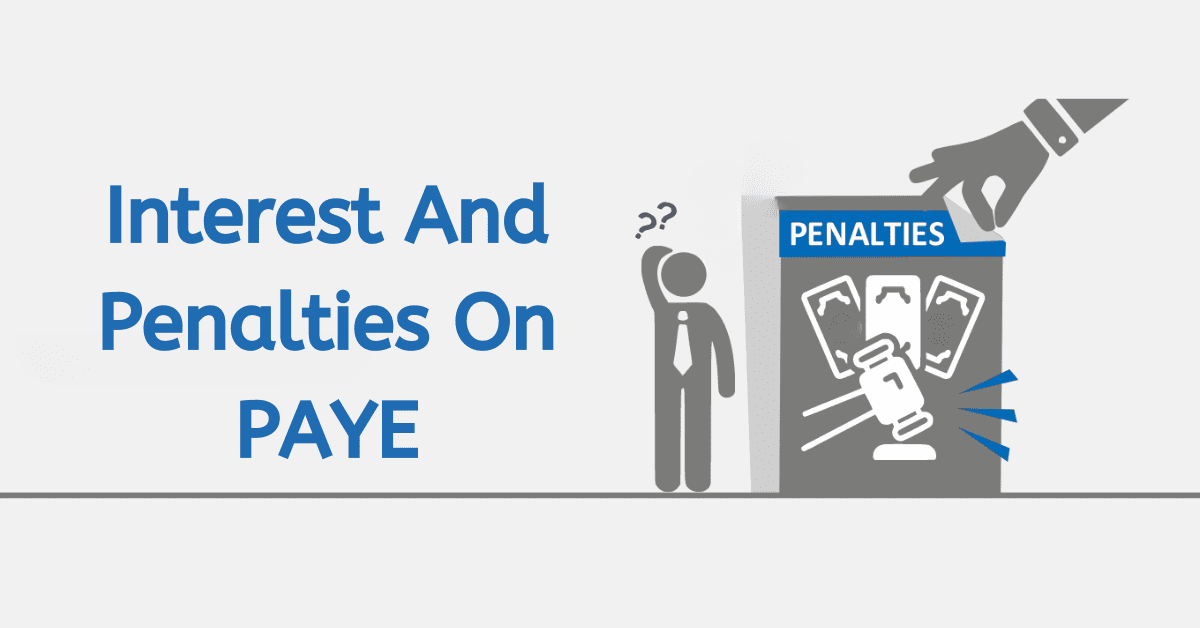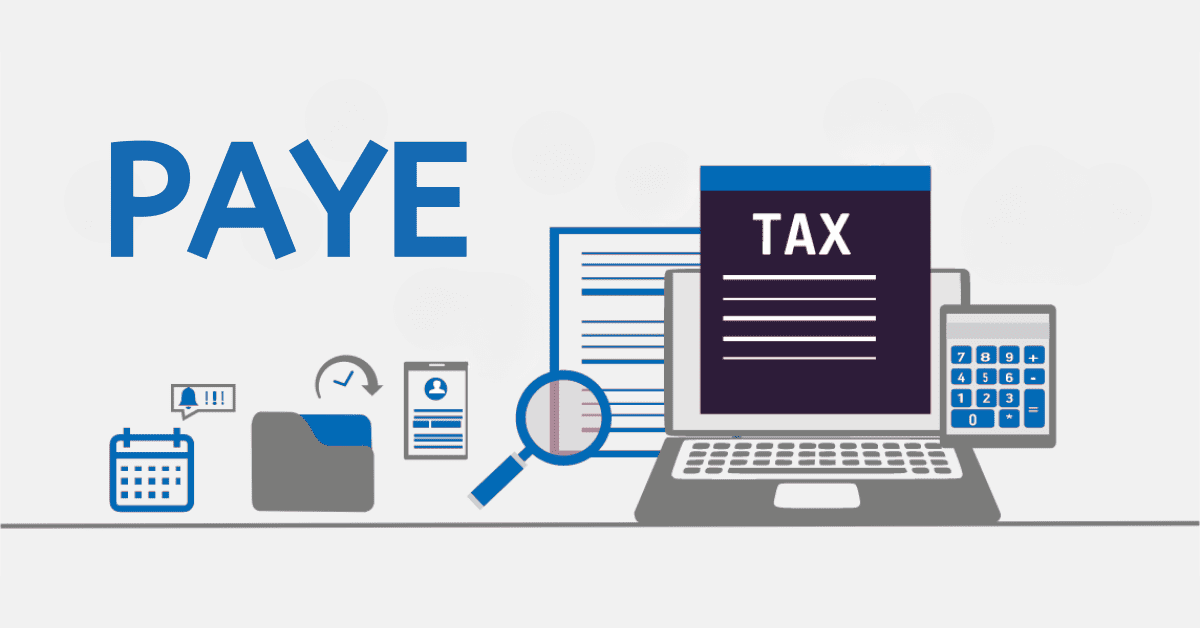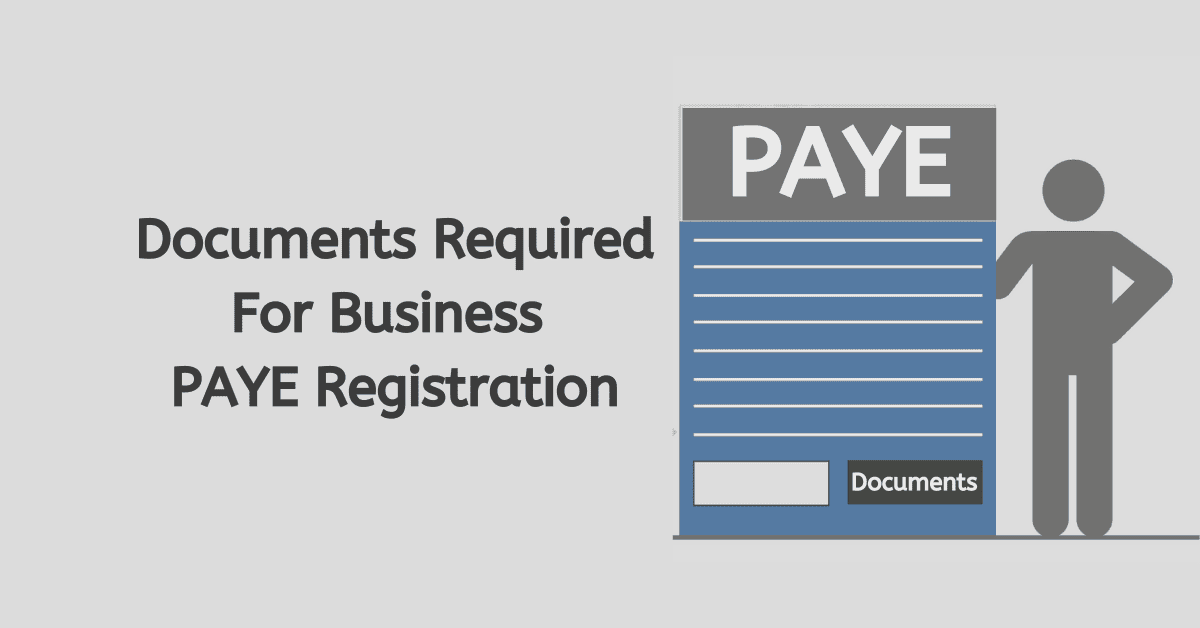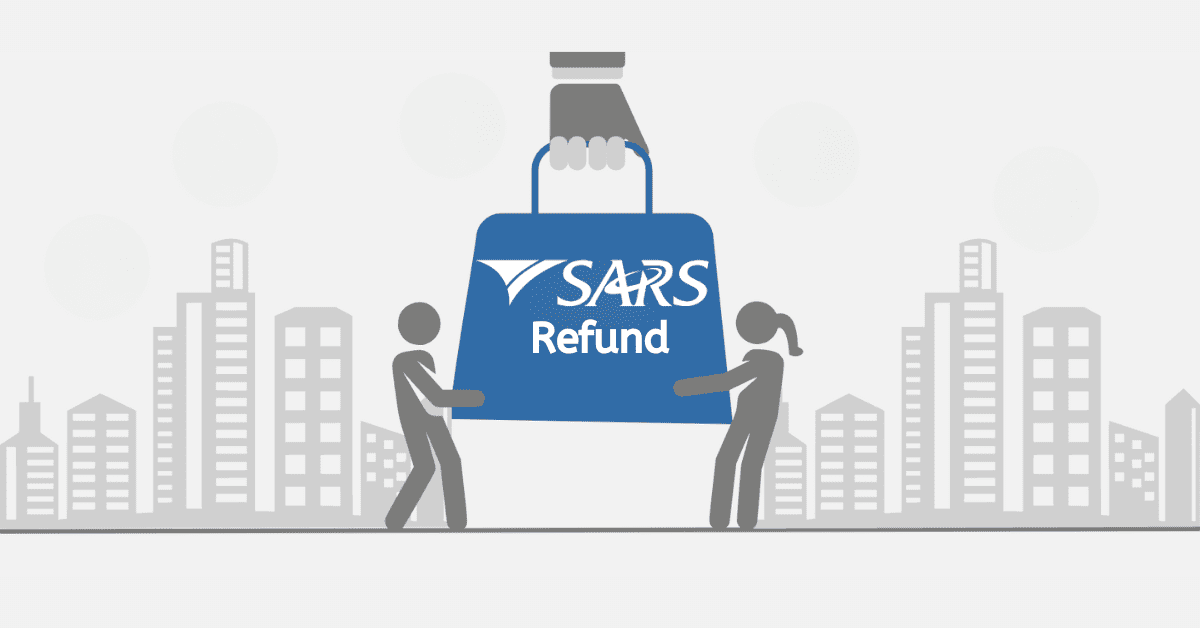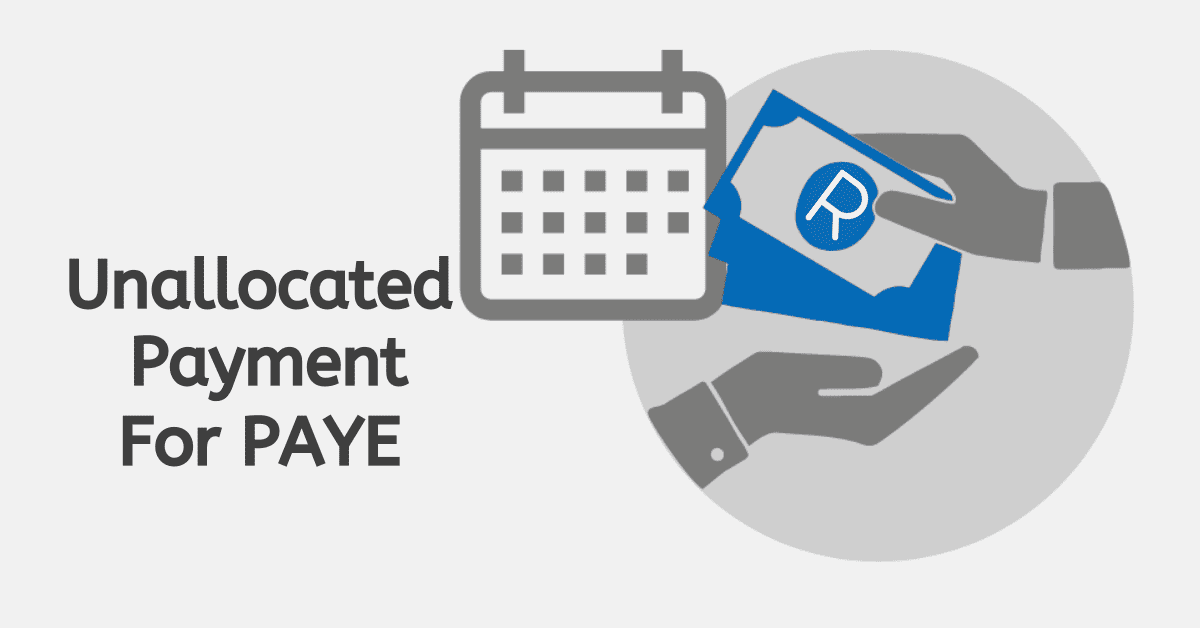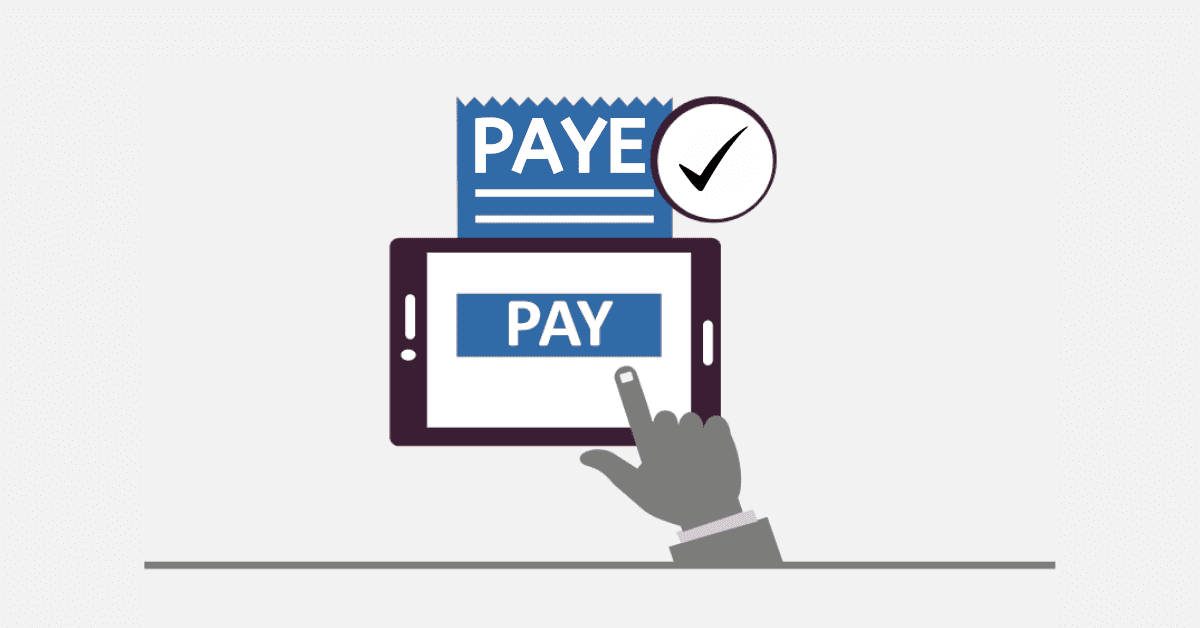Employers can use the new uFiling website to register their workers for Unemployment Insurance Fund (UIF). Any person who employs someone for more than 24 hours per month must register for UIF. On the other hand, employers must register workers who earn taxable income for Pay-As-You-Earn (PAYE) with the South Africa Revenue Service (SARS). Depending on the nature of your workforce, you can register for uFiling even if you are registered for PAYE
Can I Register for uFiling if Registered for PAYE?
Any business with employees must register for UIF and PAYE, depending on the nature of their workforce. If you employ someone for more than 24 hours per month, you should register them for UIF. This is an emergency fund meant to provide some reprieve to employees who unexpectedly lose their employment.
If you are already registered for PAYE, also known as SARS Employee’s Tax, you must register for UIF. Therefore, you can register for both uFiling and employee tax at the same time. PAYE is specifically meant for employees who earn taxable income. If your employees earn income above the tax threshold of R6095 per month, they must be registered for PAYE.
The employee is responsible for deducting the tax from their workers’ income and remitting it to SARS. Workers who do not earn taxable income do not need to be registered for PAYE. However, the same people who earn wages below the tax threshold must be registered for UIF.
Is PAYE and UIF the Same?
PAYE is employee tax deducted by the employer on behalf of SARS. The employer must pay this tax to SARS every month to remain compliant. If the employer fails to collect this tax, they can face penalties and interest. The amount of PAYE levied on each employee is determined by the income they earn. SARS provides an updated table every year with details about taxes that should be paid by each worker.
On the other hand, UIF is an abbreviation for Unemployment Insurance Fund. The fund is designed to provide affected employees with an income over a few months if they lose their jobs. UIF is levied at 2% of the employee’s gross salary, where the employer pays 1% and the worker pays the other 1%. The employer must pay UIF contributions to SARS every month.
Therefore, PAYE and UIF are two different things. The main difference is that PAYE is a tax deducted by the employer from the employee’s earnings and paid to SARS. In contrast, UIF is a relief fund meant to benefit people who have lost their jobs or are unable to work due to illness, maternity, parental leave, or adoption. If the contributing member dies, the surviving beneficiaries can apply for UIF benefits. PAYE is non-refundable money deducted from the employee’s salary and paid to SARS by the employer.
What Are the Three Types of Employees Who Cannot Apply for UIF?
By its definition, it can be observed that SARS is specifically meant for people who belong to the low-income bracket. These people are not gainfully employed and do not get a lot of benefits like their counterparts in other sectors. You cannot apply for UIF if you belong to the following categories.
- You work less than 24 hours per month
- You work as a civil servant in the government
- One is a traditional leader, a member of the municipal council, or a member of the provincial House of Traditional Leaders.
What Disqualifies You From Getting UIF?
When you lose employment because the employer terminates your service, poor health, or you want to apply for maternity or adoption leave, you can apply for UIF benefits. However, it is not automatic that all applications for benefits will get approval.
If you resign voluntarily, you are automatically disqualified from getting UIF benefits. The fund is meant to assist individuals in distress, so when you resign, you are considered to have other viable options. Additionally, people who abscond from work, get suspended or fired are not eligible to get UIF benefits.
One important aspect you should know about UIF is that benefits are only available to people who contribute to the fund during their employment. In other words, when you apply for benefits, you will be claiming money against the amount you contributed. Before getting the benefits, you must first register as a job seeker to show that you are out of employment and in need of financial assistance.
When your employment is terminated, you should apply for UIF benefits within 12 months of termination of your service. Failure to submit your application within a reasonable time will lead to disqualification. You also need to submit proof from your employer showing that your service has been terminated. If you earn a salary based on commission, you will not be eligible to get UIF benefits.
If you return to work while receiving benefits and you don’t notify the fund, this is treated as fraud. The payments will be halted, and you may be prosecuted for unscrupulous behavior. Your application for UIF benefits is disqualified when you make false claims or submit fraudulent documents. All applications based on misrepresentation of facts are disqualified.
When applying for maternity benefits, you should do so after the child’s birth. Make sure you apply on time to avoid rejection. People employed for less than 13 weeks do not qualify to get UIF benefits.
Over and above, it can be observed that all employers are compelled by the law to register for UIF and PAYE. However, you can only register for UIF if your workers earn income below the tax threshold. PAYE is a compulsory tax that should be deducted from each worker with taxable income. This money is paid to SARS every month by the employer. All UIF contributing members are entitled to apply for benefits if they lose their employment due to different factors. Individuals who fail to meet the requirements when applying for UIF benefits will be disqualified.
